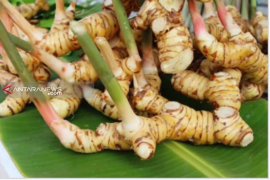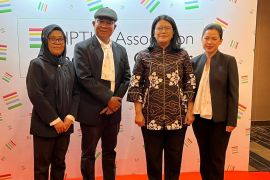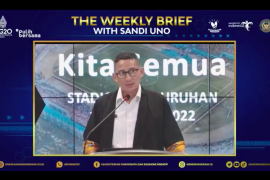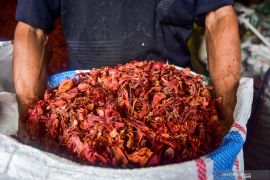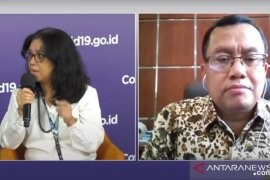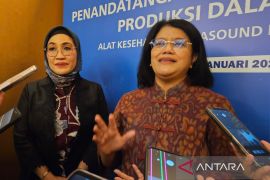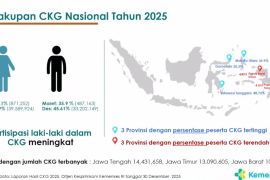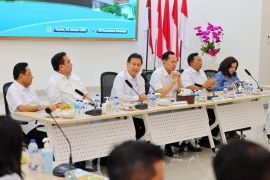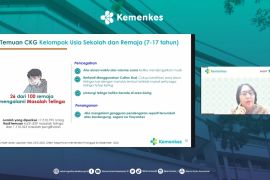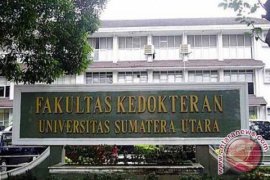The ministry's Director of Pharmaceutical Production and Distribution, Dita Novianti Sugandi, stated that the development of natural medicine, including herbal medicine, represents a strategic step that reflects local wisdom while simultaneously addressing modern health needs.
"We can absorb culture, obtain health benefits, and improve economic potential from herbal medicine," she conveyed during the commemoration of National Herbal Medicine Day on Sunday, May 25, 2025.
According to Sugandi, herbal medicine is not merely a traditional concoction but a profound reflection of local wisdom passed down through generations.
As one of the countries with the world's largest biodiversity, Indonesia possesses immense potential to develop natural medicine. She cited temulawak (Curcuma xanthorrhiza) as a prime example, now designated as a Leading Indonesian Medicinal Plant (TOIU) due to its widely reviewed benefits.
Sugandi mentioned that Law Number 17 of 2023 concerning Health and Government Regulation Number 28 of 2024 have opened wider opportunities for the utilization and development of natural medicine within the national health service system.
Commemorating National Herbal Medicine Day every May 27, Sugandi noted that traditional medicine can now be used independently by the community and is also being integrated into formal healthcare facilities.
Her department has initiated clinical services using natural medicine and is actively encouraging the development of fitness and health tourism based on natural products at Dr. Sardjito Tawangmangu Hospital, Karanganyar, Central Java.
To support the sustainability of these efforts, the ministry emphasized the crucial importance of education and training for medical personnel and health workers.
"We hope the Association of Indonesian Traditional Medicine and Herbal Medicine Development Doctors (PDPOTJI) can be at the forefront in replicating this innovation in other hospitals," she urged.
Sugandi also highlighted that the cultural value of herbal medicine is increasingly recognized globally, especially after the United Nations Educational, Scientific, and Cultural Organization (UNESCO) designated the healthy culture of herbal medicine as Indonesia's intangible cultural heritage in December 2023.
"We have a great responsibility to preserve this heritage. Let us continue encouraging innovation and education to make natural medicines a real solution to improve public health," she concluded.
Translator: Adimas Raditya F P, Resinta Sulistiyandari
Editor: Aditya Eko Sigit Wicaksono
Copyright © ANTARA 2025


